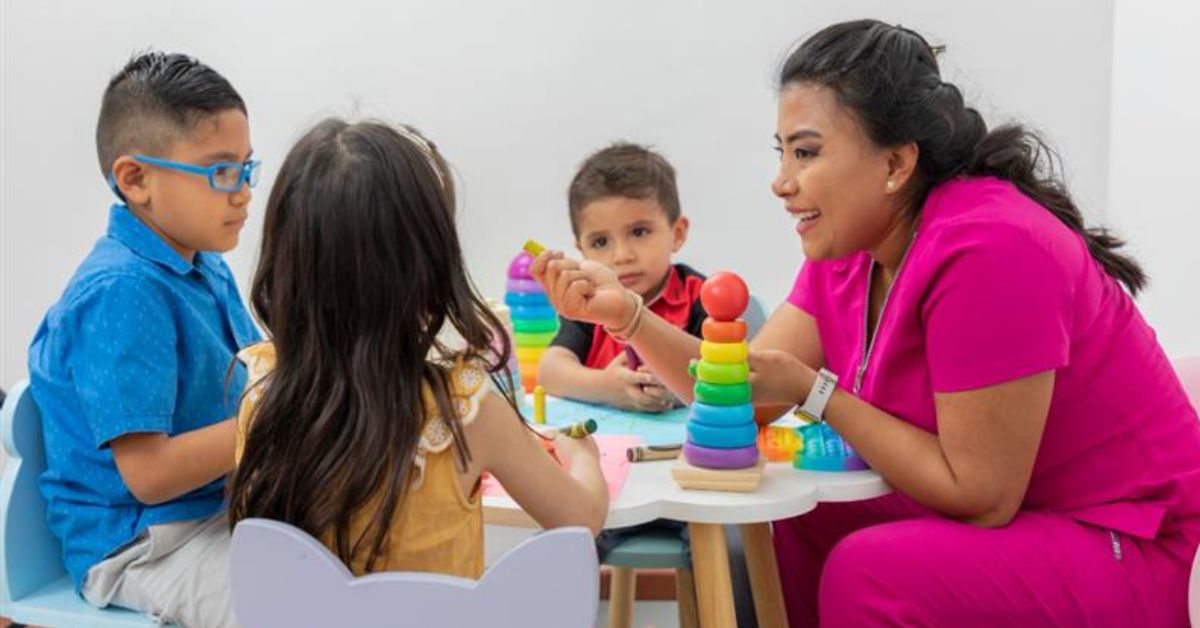Education is no longer initiated through textbooks. Parents are now concerned with the way children think, talk, and adjust at a very young age. This is the reason why most families visit a play school in Indore initially and then think of long-term schooling. Structured play and interaction at an early age cultivates curiosity and emotional comfort, which helps in an easier learning process in the future.
The reason why the transition to formal schooling is important
The transition between play-based and academic learning should be gradual rather than abrupt. Children adapt well when formal education is related to early learning. Parents tend to consider alternatives such as a cbse school in Indore that incorporates both academic and activity-based teaching. This balance eliminates stress and helps to achieve constant development in the primary years.
Teachers are now becoming learning facilitators
Contemporary classrooms promote communication. The teachers do not simply instruct students, but they guide them. Children are not afraid of asking questions or exchanging ideas. This will establish trust and assist students in classroom discussions.
Interpersonal and Emotional Intelligence Strengthens Academic Performance
Young learners who get to learn the importance of teamwork, patience, and self-expression in their early years perform better in their academics in the future. Storytelling, group work, and classroom discussion enhance attention and listening. These skills encourage easier learning with increased academic demands.
The early schooling has a significant influence on the learning habits. Taking them to explore a play school makes the children develop curiosity and confidence. As they develop, parents tend to demand the best primary school in Indore which is structured without pressure. A cbse school in Indore is also preferred by many families due to the balanced curriculum.
When schools put emphasis on both skills as well as academics, children become confident learners who can adapt quickly and enjoy learning and even have a sound foundation even after leaving school.














